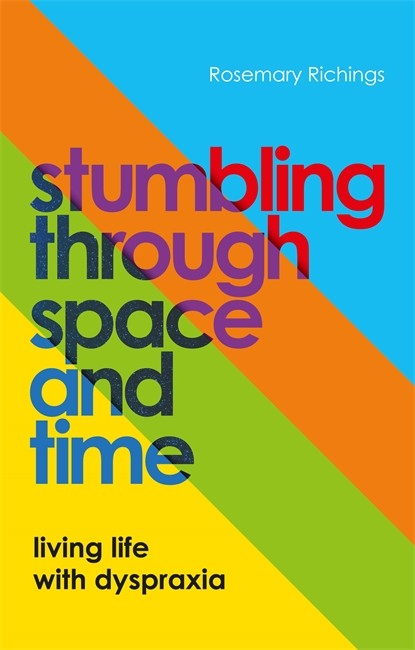Rosemary Richings is a writer, author, and advocate who was diagnosed in the mid-90s, when she was 4 years old. Her writing and advocacy work helps dyspraxics and other disabled people feel more represented, loved, and supported in our society. Rosemary is a co-founder of Dyspraxic Alliance and is on the board of trustees of Dyspraxic Me, a charity that provides a supportive peer group for dyspraxics ages 16-25.
Description
1. Dyspraxia in childhood 2. Adolescence and dyspraxia 3. Secondary school and preparing for university 4. 1st and 2nd Year university challenges 5. The effect of stigma on self-esteem and body image 6. Coping and persevering 7. Aging out of my dad's health insurance (and the school system) 8. How having a disability motivated my decision to pursue self-employment 9. Developing healthy relationships with others 10. Why do people rarely know what dyspraxia is? 11. The mental health impact of having no support 12. When do people need to know about your dyspraxia? 13. Why do some dyspraxics avoid driving a car? 14. Travelling abroad with dyspraxia: can it be done? 15. Creating your own dyspraxia community: pros and cons
This is a marvel of a book, sure to open both hearts and minds. Rosemary Richings writes with such grace, compassion, and thoughtfulness. I was deeply moved by her story and her sense of solidarity with others who have been harmed by the status quo. She is unafraid to name the policies and ways of thinking that marginalize and exploit, nor to boldly imagine a better world. This book needs to be read widely. -- Audrey Clare Farley, author of The Unfit Heiress Stumbling through space and time is a heartfelt memoir, offering an authentic insight into what it means to be dyspraxic. Rosemary not only creates a space where those with dyspraxia can feel seen, but she also creates valuable learning opportunities for anyone to learn about it. This will help to make the world a more inclusive place for everyone. -- Emily Katy, autistic blogger, writer and Trustee of Autistic Girls Network

